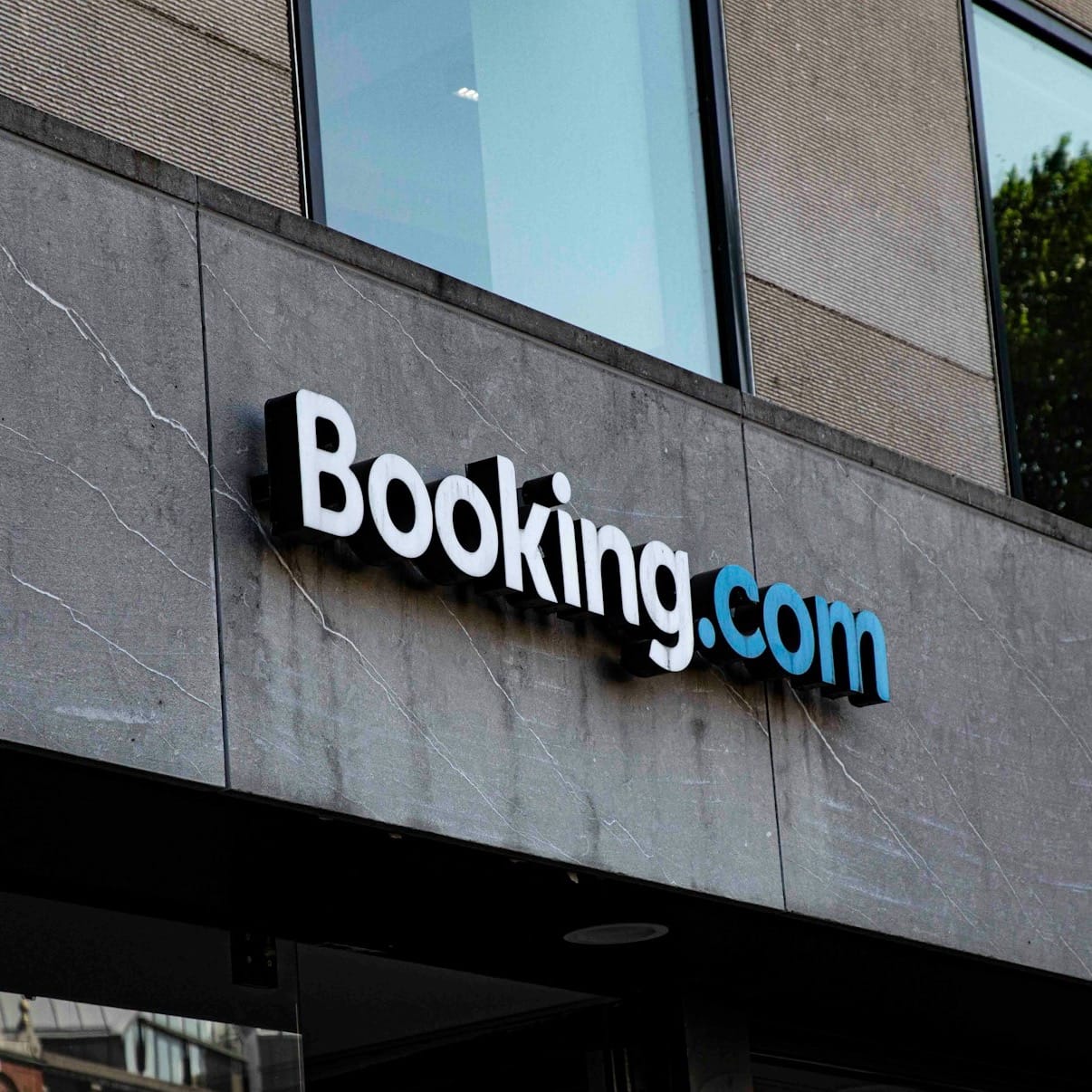Booking.com faces class action lawsuit at home
The Amsterdam court will have to decide between compensating hotels for past losses or focusing on Booking.com’s current conduct, highlighting the broader tension between market fairness and Europe’s global tech competitiveness.

Since late May, Booking.com finds itself facing a class-action lawsuit from over 10,000 European hotels - right before a Dutch court in the very country where it is headquartered. The lawsuit is being coordinated by the Hotel Claims Alliance, in partnership with HOTREC and over 30 national hotel associations. Additional hotels can still join the claim before the deadline of August 29, 2025.
Hotels are seeking compensation for losses incurred for over 20 years (!), estimating potential refunds of up to 30% (plus interest) of the commissions paid to Booking.com during that period.
What the hotels are unhappy about
Hotels accuse Booking.com of enforcing so-called parity clauses that prevented them from offering lower prices on their own websites or other platforms. In 2024, the European Court of Justice ruled that these clauses are anti-competitive. Alexandros Vassilikos, President of HOTREC says:
“European hoteliers have long suffered from unfair conditions and excessive costs. Now is the time to stand together and demand redress. This joint initiative sends a clear message: abusive practices in the digital market will not be tolerated by the hospitality industry in Europe.”
While Booking.com has since removed the clauses, allowing hotels to offer cheaper rates on their own websites, hoteliers are not backing down. Many see this as a chance to seek compensation for years of allegedly lost revenue and, possibly, reduce Booking.com's influence in Europe.
Broader picture
Both Airbnb and Booking.com have revolutionized travel for millions of Europeans. While Airbnb is the go-to platform for those seeking more varied and private accommodations, Booking.com is preferred by travelers looking for a traditional hotel experience.
Since their emergence, finding suitable accommodation has become significantly easier for consumers. These platforms introduced comparison tools and user reviews that were previously unmatched, especially before the rise of AI-powered search and filtering.
While it's understandable that hotels are pushing for lower commission fees and using the ECJ ruling against parity clauses to challenge the influence of Booking.com for the market, any criticism should also take into account the platforms’ role in improving consumer choice and visibility for hotels, particularly smaller establishments that may not have been easily discovered otherwise before.
In practice, tourism-dependent governments and tourism promotion agencies are very much dependent on hotel industry whims, especially in Member States such as Spain, where short-time renting through platforms such as Airbnb have become more difficult in the past years. From COVID-19 relief packages, to reduced VAT rates and local tax credits - the hotel industry has received exceptional support from the EU governments until now.
The Amsterdam court will be facing a difficult decision: whether to focus on “historical losses” - potentially awarding hotels up to 30% compensation plus interest for the past 20 years - or to concentrate on the platform’s current impact and behavior toward hotels. In any case, this is a complex issue where the hotel industry's losses and potential gains from the platform need to be weighed justly, while the European competition policy risks becoming yet another obstacle to the emergence of globally competitive European tech champions.

